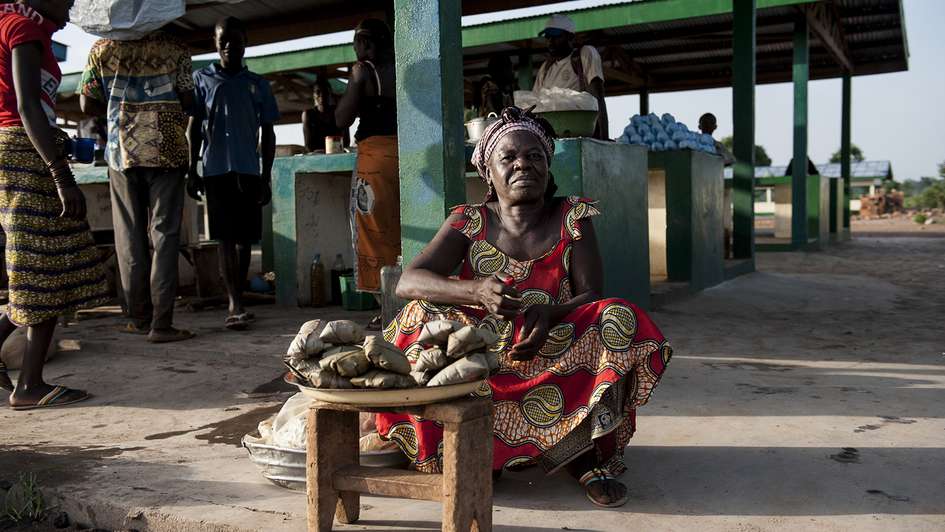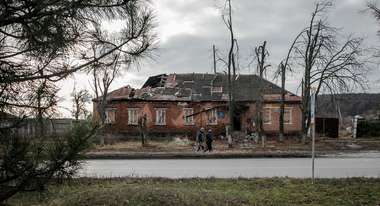Special Meeting of G7 Agriculture Ministers
At the meeting of G7 agriculture ministers on March 11, 2022, the impact of the war in Ukraine on global food security will be analyzed and approaches to stabilizing agricultural markets will be discussed.

Bonn/Berlin, 2022-03-09. Welthungerhilfe welcomes the special meeting called by the German federal minister of food and agriculture, Cem Özdemir. The G7 agriculture ministers will meet this coming Friday to analyse how the war in Ukraine is affecting global food security and to discuss ways of stabilising agriculture markets. Global food prices were already pushing record highs before the war began. In 2021, the United Nations’ FAO Food Price Index, which tracks prices for the world’s most traded food items, recorded the highest figures seen since 2011. Russia and Ukraine are among the world's largest grain exporters; they account for around 30 percent of Africa’s wheat imports.
“It is encouraging to see the G7 working together to search for solutions to instability in the agricultural markets and to the dramatic exacerbation of global hunger. We are monitoring the situation in Ukraine with great concern. We fear that the war will lead to human rights violations, not only in Ukraine but in other parts of the world as well. The human right to adequate food is being recklessly endangered for millions of people. The poorest of the poor in many countries in the Global South will be hit especially hard by severe shortages in the world market and exploding food prices. With the coronavirus pandemic interrupting income sources and supply chains, and with the climate crisis causing extreme weather events and crop failures, the number of people going hungry worldwide has risen up to 811 million. Additional price increases caused by the war in Europe’s breadbasket will significantly worsen hunger for millions of people. Germany must immediately expand its support for the fight against hunger and increase its financial commitment to food aid. At the same time, it must invest in rural development and avoid export bans on agricultural products. In the affected countries, national food stocks must be built up through imports from other countries like Australia, and food must be subsidised and distributed as necessary,” underlines Mathias Mogge, the secretary general of Welthungerhilfe.
Welthungerhilfe is working with its European Alliance2015 partners to provide emergency aid in Ukraine and neighbouring countries, in part by delivering urgently needed items like food and hygiene supplies.
Welthungerhilfe turns 60 this year. It is one of the largest private aid organizations in Germany; politically independent and non-denominational. With courage and determination, it is striving for a world without hunger. Since it was founded on December 14, in 1962, 10,369 overseas projects in about 70 countries have been supported with 4.2 billion euros. Welthungerhilfe works on the principle of help for self-help: from fast disaster relief to reconstruction and long-term development cooperation projects with national and international partner organisations.







